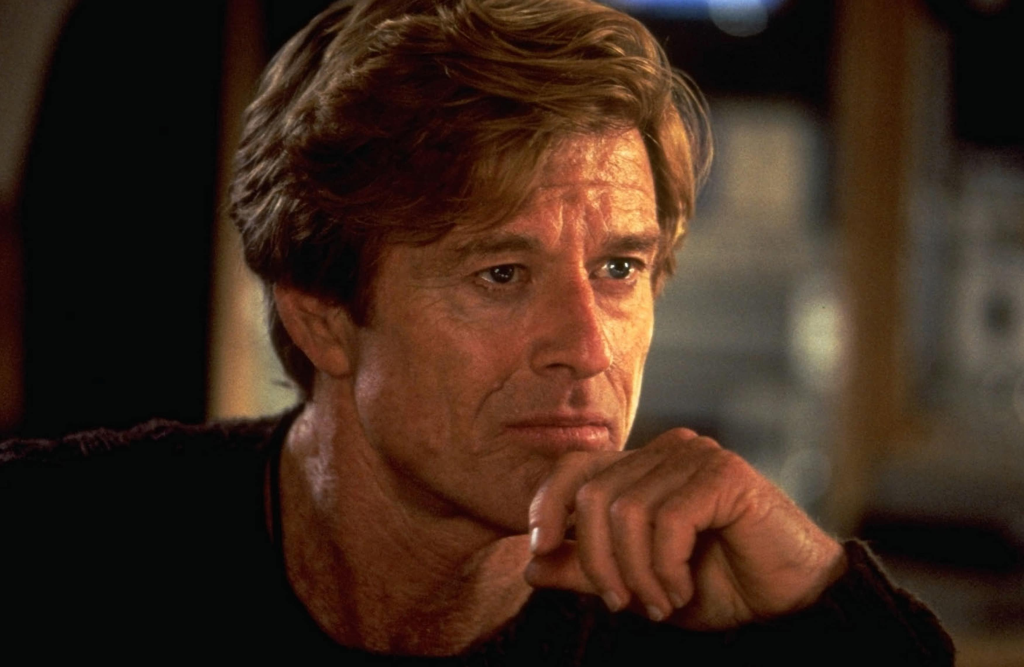
Let’s not sugarcoat it—Robert Redford wasn’t always the guy with that steely gaze and Hollywood charm. Born on August 18, 1936, in sun-drenched Santa Monica, California, he grew up more focused on mischief than memorizing lines. Charles Robert Redford Jr. wasn’t chasing dreams. He was too busy pulling pranks and stirring the pot—just another kid with an itch for chaos. Know someone like that? Or maybe that was you?
But all it took was one spark. One trip that flipped everything.
Video:
Robert Redford Is Almost 90, How He Lives Is Sad!
Something magical happened when Redford took a trip across the Atlantic. Europe wasn’t just a change of scenery—it was a mirror. He saw life differently. Art, culture, history—it hit him like a wave. Suddenly, the prankster had purpose. Painting became more than a hobby—it became a lifeline. Have you ever traveled somewhere and felt like your whole soul shifted? That was Redford’s Europe.
Back home, Redford didn’t sit still. He threw himself into the creative world, studying at the Pratt Institute in New York. At first, it was sketching and painting. But soon, the stage came calling. He joined the American Academy of Dramatic Arts in the late 1950s—and everything changed.

Trading paintbrushes for scripts, Redford discovered the stage was where he truly came alive. Like someone tossing a baseball and suddenly realizing they can pitch at 90 mph, Redford found his rhythm. And he didn’t miss a beat.
Before long, Redford went from unknown to unforgettable. He cut his teeth in theater and television, but it was Barefoot in the Park (1967), opposite Jane Fonda, that lit the spark. He played the charming, slightly clumsy newlywed with such effortless charisma, audiences fell for him instantly.

And then—boom—Butch Cassidy and the Sundance Kid (1969) happened. Paired with Paul Newman, Redford created one of the most beloved bromances in film history. Newman and Redford weren’t just co-stars; they were a force of nature. That kind of chemistry? Rare. Like lightning in a bottle.
Redford didn’t stop at charm and good looks. He dug deeper. In All the President’s Men, he unraveled political corruption. In The Way We Were, he captured raw, emotional longing. And let’s not forget The Great Gatsby (1974)—his performance as Jay Gatsby wasn’t just memorable, it was haunting.
Video: Robert Redford’s Emotional Confession About the Love of His Life at 88
He had a way of turning every character into someone you couldn’t forget. His presence wasn’t loud—it was magnetic.
Redford didn’t want to just be in front of the camera—he wanted to control the whole story. So, in 1980, he stepped behind the scenes to direct Ordinary People. First try. First Oscar. Talk about hitting it out of the park.

He followed it with A River Runs Through It and Quiz Show—films rich with heart, humanity, and quiet power. Redford wasn’t just a storyteller. He was a truth-teller.
But maybe his most revolutionary act was founding the Sundance Institute and Sundance Film Festival. While Hollywood kept pumping out blockbusters, Redford gave indie filmmakers a shot. He cracked open the gates and let in fresh voices.

Thanks to him, Sundance became the heartbeat of independent cinema. Ever wonder how some of your favorite off-the-beaten-path films got their start? Chances are, they had Redford’s fingerprints somewhere.
Now, at 89, Redford isn’t chasing the spotlight—he never needed to. He’s not trending on gossip blogs or dropping into TikToks. He’s just… living. With grace. With intention. With a quiet kind of confidence that most of us only dream of.
Video: Up Close and Personal • Because You Loved Me • Celine Dion
He’s like that old record you never get tired of spinning—smooth, timeless, and packed with soul.
There’s something about Redford that cuts through the noise. He doesn’t need to shout to be heard. He’s got that calm, that cool, that grounded presence that’s rare these days.

Maybe that’s why he connects with every generation. Boomers remember his glory days. Millennials admire his directing. Gen Z? They’re discovering him and realizing real charisma doesn’t age.
Redford’s story isn’t just one of fame—it’s about growth, grit, and staying true to yourself. From prank-loving kid to cultural icon, he built a career—and a legacy—on substance. He made us laugh, cry, and think. And through it all, he never lost that spark that made him different.

Robert Redford didn’t just star in films. He shaped cinema. And even now, he keeps reminding us: greatness doesn’t have to be loud—it just has to be real.